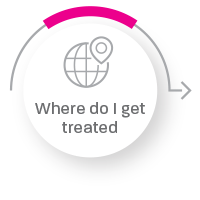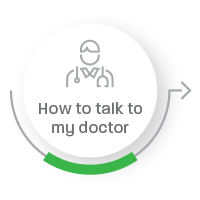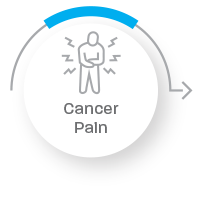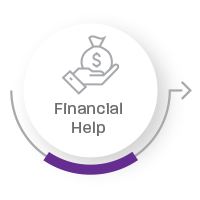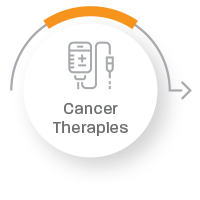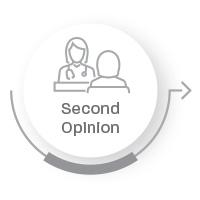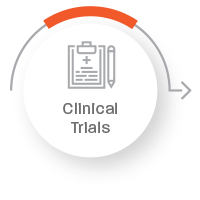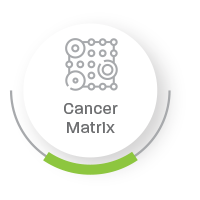Mentorship
Mentorship
One powerful way to move forward is through mentorship—where cancer survivors support newly diagnosed patients. Mentors offer hope, guidance, and a listening ear from someone who’s been there. Cancer GPS helps survivors and mentors thrive together by providing tools, resources, and encouragement for every step of the journey.
Cancer can be a daunting and isolating experience, but finding a mentor can help patients navigate the journey. A cancer mentor can be someone who has gone through a similar experience and can offer emotional support, share their own coping mechanisms, and provide practical advice. There are many organizations that offer mentorship programs, such as the American Cancer Society’s Reach to Recovery program, the Cancer Support Community’s Cancer Support Helpline, and the Leukemia & Lymphoma Society’s First Connection program. Patients can also seek out mentorship from their healthcare team, including doctors, nurses, and social workers. These professionals can provide guidance on treatment options, managing side effects, and navigating the healthcare system. Additionally, patients can connect with other cancer survivors through support groups or online communities to find mentorship and peer support. By seeking mentorship, cancer patients can find a sense of community and learn from others who have been through similar experiences. It’s important to remember that each patient’s journey is unique, and finding a mentor who is a good fit is key. Patients should take the time to find a mentor who can provide the support they need, whether it’s emotional, practical, or both. With the right mentor, cancer patients can feel less alone and more empowered to navigate their cancer journey.
FAQ
How do I find a mentor?
Mentors are survivors who support others. You can find one through:
- Your cancer center
- Nonprofit organizations like Imerman Angels or CancerCare
- Cancer GPS mentorship programs Mentors offer hope, encouragement, and practical advice.
What do support groups do?
Support groups connect you with others who understand what you’re going through. They offer:
- A safe space to share feelings
- Tips for managing side effects
- Emotional encouragement Groups may meet in person or online.
Is survivorship different for young people?
Yes. Younger survivors may face:
- Fertility concerns
- Career or school disruptions
- Body image issues
- Relationship challenges There are special programs and support groups for young adults to help with these unique needs.
How do I stop worrying about recurrence?
It’s normal to worry. You can:
- Keep up with follow-up appointments
- Talk openly with your doctor
- Use stress-reduction tools like mindfulness, journaling, or therapy Over time, many survivors find peace and confidence in their new routines.
What if I want to return to work?
You can talk to your employer about:
- Flexible hours
- Workplace accommodations
- Vocational rehabilitation programs Returning to work can help you feel more normal and regain independence. Take it one step at a time.

How AskBernie Helps
Survivorship is a journey—and AskBernie is here to walk it with you. Bernie can:
- Help you find mentorship programs or become a mentor yourself
- Connect you with support groups that match your age, cancer type, or interests
- Offer encouragement and resources to help you thrive after treatment
AskBernie is your mentorship guide—helping you move forward with strength, support, and hope.

Help Support Cancer GPS
Cancer GPS is a 501(c)(3) organization, and your donations allow us to keep providing services to cancer patients and their families. Thank you for your continued support.
